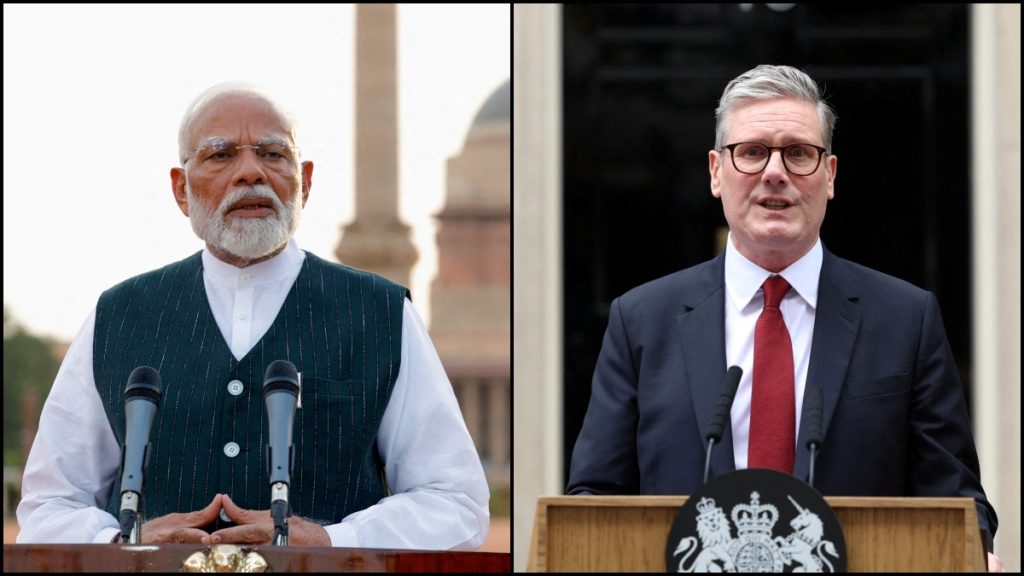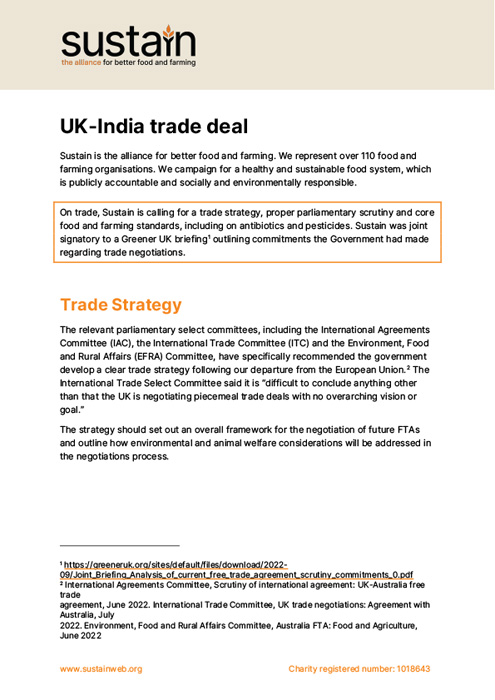
A key clause in the UK’s long-anticipated free trade agreement with India has sparked fierce political controversy, after it was revealed that Indian workers posted to the UK for under three years will be exempt from paying National Insurance (NI) contributions.
The deal, which aims to boost UK-India trade by over £25 billion and increase UK GDP by £4.8 billion over 15 years, was heralded by the Labour government as a major economic win.

But critics from across the political spectrum have called the NI exemption a “two-tier system” that unfairly favours foreign workers and multinationals over British workers and small businesses.
Under the agreement, Indian employees temporarily seconded to the UK—and their employers—will not be required to pay NI contributions during their stay, provided it does not exceed 36 months.
The Indian government has pushed for this exemption for years, arguing that their nationals often face double taxation when working abroad.
However, the provision has been met with anger from some business leaders, healthcare charities, and opposition MPs, who accuse Labour of hiking National Insurance for UK-based organisations while cutting deals to exempt overseas workers.
“This is a slap in the face for British businesses and workers,” said Conservative MP Liam Fox.
“Hospices, GP surgeries, and small family firms are being squeezed by NI increases, while Labour gives multinationals a loophole.”
Labour has defended the clause, arguing that similar social security arrangements already exist with countries such as France, Germany, and Canada.

A spokesperson for the Treasury stated: “This is a reciprocal measure designed to prevent double social security contributions for short-term business placements.
It does not change immigration rules, NHS surcharge requirements, or minimum salary thresholds.”
Trade analysts point out that the exemption is standard in international agreements and may encourage inward investment.
But for many critics, the optics are damaging—especially as the government attempts to position itself as standing up for working people.
The Labour government has yet to respond directly to calls for the clause to be reconsidered.